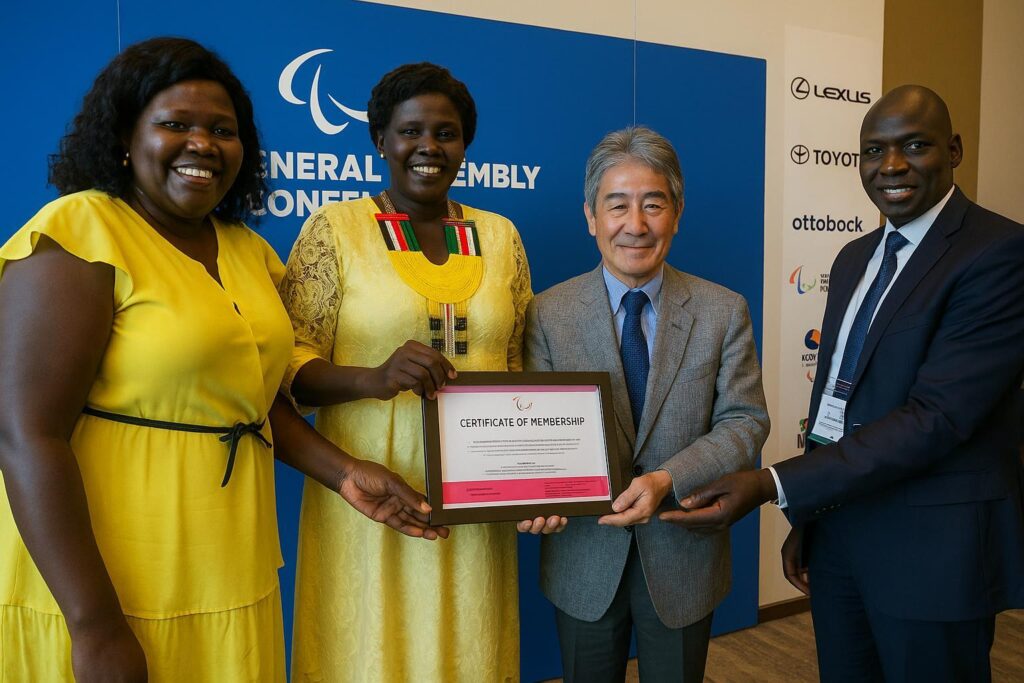Full IPC Membership Explained
South Sudan entered the International Paralympic Committee’s family during the General Assembly in Seoul, gaining full membership and voting rights. The decision elevates the world’s youngest nation to the same platform as 200 other sporting delegations.
Undersecretary of Youth and Sports Dr. Monica Agum Awet Akot called the vote “a milestone of inclusion and pride,” adding that government support for para-sports “mirrors our vision of equal opportunity for every citizen.”
Impact on South Sudanese Athletes
Full IPC status clears the path for South Sudanese para-athletes to enter sanctioned qualifiers, receive universal classification, and seek solidarity scholarships. Coaches say the recognition turns years of informal training on dusty pitches into a legitimate Olympic-style pipeline.
Wheelchair racer Emmanuel Path expressed hope that “the flag of resilience” will flutter at Paris 2024. He noted that access to medical screening and custom equipment, often reserved for established nations, can now be negotiated through IPC partners.
Regional Significance for Africa
South Sudan becomes the 33rd African member of the IPC, a statistic observers say strengthens the continent’s collective voice on governance, athlete welfare, and anti-doping frameworks. The African Paralympic Committee welcomed the addition as “evidence of growing continental cohesion.”
Analysts highlight that increased African membership could attract more IPC events to the region, stimulating infrastructure investment and tourism. Kenya’s veteran coach Julius Kirwa argued that “one success story can ignite an entire sub-region’s adaptive sports economy.”
Next Steps Before Paris 2024
The South Sudan National Paralympic Committee, ratified alongside the IPC vote, must now finalise constitutions, athlete databases, and anti-doping codes to meet eligibility deadlines for Paris qualifying windows opening early 2024.
Ministry officials in Juba said a technical working group has been set up with the assistance of the United Nations Mission in South Sudan to audit accessible venues and begin talent identification in displaced-person settlements.
Funding remains the critical variable. Negotiations with the African Development Bank and private telecom operators are ongoing, yet Dr. Monica insists “no athlete will be left behind because of cost; that is a presidential directive.”


